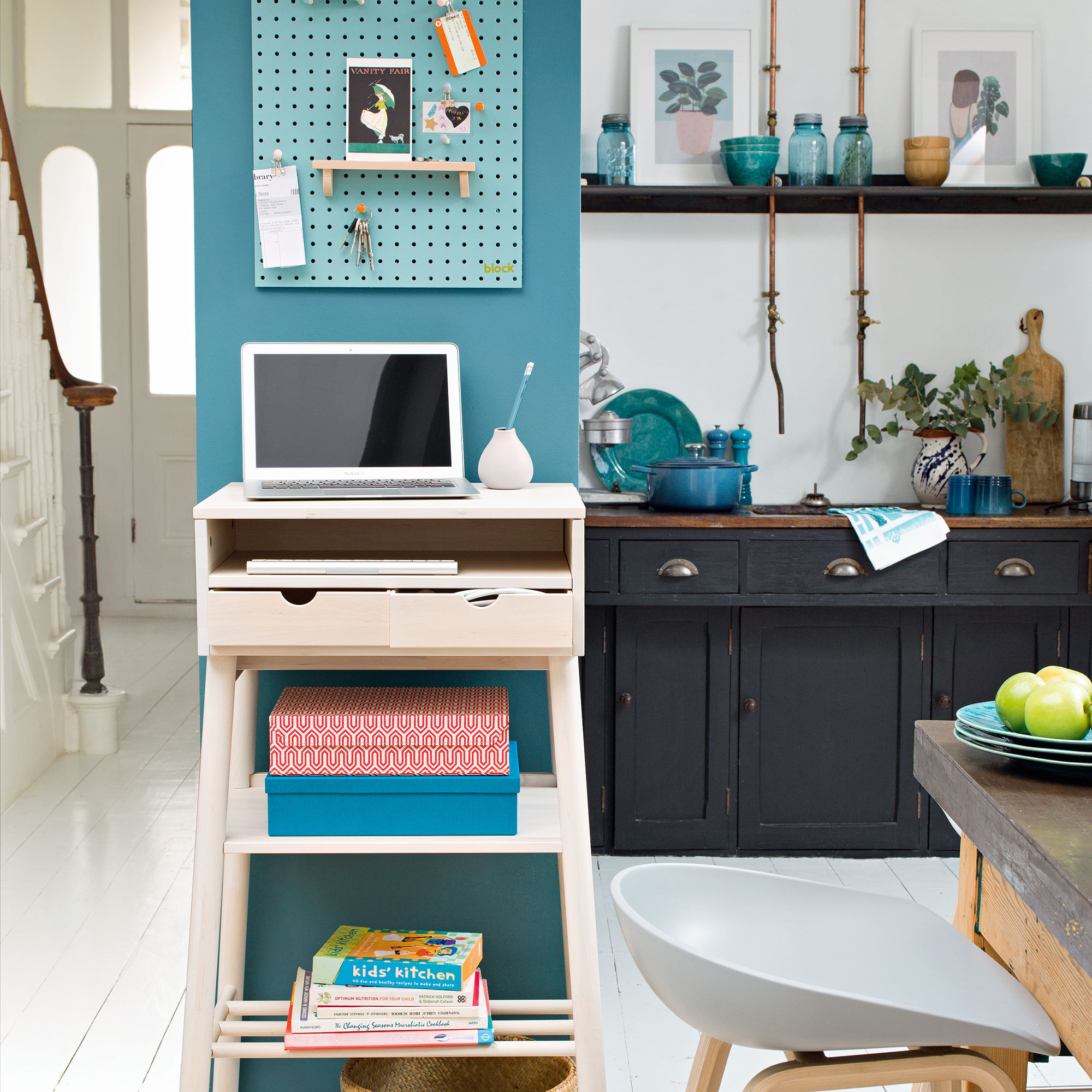What is the UK energy crisis and why have prices gone up?
We explain what caused the current energy crisis as well as highlighting how it will affect not just your energy bills, but your home as well
It's a hot topic of news right now but what is the UK energy crisis and how does it affect our homes? We're already noticing how the market price of natural gas is playing havoc with our bills. In January 2021 natural gas was around 50p a therm. By October 2021 it was £2.50 a therm before rocketing to £4.50 just before Christmas.
The energy crisis has left households facing steeper gas and electricity bills, with many paying as much as 50% more for energy.
This caused Ofgem to raise the energy price cap - that limits what suppliers can charge customers for their gas and electricity - in October 2021 from £1,223 to £1,370. As some suppliers struggled with the price rises - essentially having to pay more for gas than they were able to charge their customers - almost 30 energy firms have since gone bust.
The price cap rose again in February to £1,900 for average users, according to analyst Cornwall Insight. This increase is now in effect. As the cap is reviewed every six months, the price cap will then likely increase again in October 2022 by an estimated 32%.
What caused the energy crisis?
At the heart of the problem is Britain’s increased reliance on imported energy and lack of energy storage.
'We import over half the gas we use, so we're directly and immediately exposed to fluctuations in prices. And, while this is true the world over, in the UK we’re short of energy storage facilities at the best of times,' explains Laura Howard, energy and finance expert at financial guidance and comparison platform Forbes Advisor.

The loss of the Rough energy storage facility off the Yorkshire coast when it closed in 2017 was significant. The Centrica-owned service provided 70% of the UK gas storage capability for more than 30 years.
Get the Ideal Home Newsletter
Sign up to our newsletter for style and decor inspiration, house makeovers, project advice and more.
The continued reduction in supply from Russia is an important factor too. 'In January this year, Russia provided just 40% of the natural gas they supplied in January 2021. This huge hole in supply has led to consumers across Europe seeking alternatives. This pushes up demand and, naturally, prices,' explains Kristina Rabecaite, founder of PPAYA, a renewable energy comparison site for small businesses.
Can’t renewable energy solve the crisis?
While countries worldwide are committed to reducing their carbon emissions and investing in renewable energy, it is not yet available in sufficient guaranteed quantities to remove the need for fossil fuels.
This move towards renewable energy alternatives led the UK to wind down its tapping of the North Sea reserves for gas on demand. A previous back-up to avoid investing in expensive storage.
'Nuclear power remains controversial and hugely expensive in terms of initial and ongoing investment' explains Howard. 'It too isn't ready or able to step up to the plate in terms of supply.'
What does the energy crisis mean for our homes?

In addition to rising bills there will be requirements to 'decarbonise' our properties by phasing out gas boilers and improving insulation.
The government has pledged to ban gas boilers by 2035 with households already being encouraged to install heat pumps, an eco-alternative to heating our homes, with the Boiler Upgrade scheme. The scheme, available from April 2022 offers homeowners upfront payments of £5,000 to install an eco-heat pump.
Next time your boiler breaks down, it’ll be worth considering this incentive to buy an eco-friendly heat pump.
'There'll be grants and incentives to help, but one way or another, energy is going to remain a financial hot potato long into the future,' says Howard.
-
 My go-to Ninja coffee machine is on sale for Easter weekend
My go-to Ninja coffee machine is on sale for Easter weekendIt makes coffee shop quality achievable at home
By Molly Cleary
-
 When to plant out annual flowering plants for vibrant, colourful garden borders – and give them the best start, according to experts
When to plant out annual flowering plants for vibrant, colourful garden borders – and give them the best start, according to expertsNot sure when to plant out annual flowering plants? We've got you covered...
By Kayleigh Dray
-
 I'm a kitchen decor editor and didn't like this tableware trend - until I saw H&M Home's designer-look plates
I'm a kitchen decor editor and didn't like this tableware trend - until I saw H&M Home's designer-look platesThey made it easy to justify a new crockery set
By Holly Cockburn
-
 You can claim back over £300 a year from HMRC if you work from home - here’s how to check if you’re eligible
You can claim back over £300 a year from HMRC if you work from home - here’s how to check if you’re eligibleWhen it comes to saving, every little helps
By Kezia Reynolds
-
 Experts have revealed the best day to renew your home insurance policy - you’ll want to do it sooner rather than later
Experts have revealed the best day to renew your home insurance policy - you’ll want to do it sooner rather than laterDon't leave this task at the bottom of your to do list
By Kezia Reynolds
-
 Is a variable rate mortgage ever a good idea? Experts weigh in
Is a variable rate mortgage ever a good idea? Experts weigh inOur money expert explains what a variable rate mortgage is, who they can be good for, and the pros and cons of this kind of mortgage
By Samantha Partington
-
 I’m a first-time buyer, what are my chances of getting a mortgage right now?
I’m a first-time buyer, what are my chances of getting a mortgage right now?And what you can do to increase your odds
By Rachel Wait
-
 Should you ever pay above the asking price for a home?
Should you ever pay above the asking price for a home?Our money expert explains whether you should ever pay over the asking price for a home, especially if house prices fall as predicted
By Samantha Partington
-
 Should I fix my mortgage and how long should I fix for?
Should I fix my mortgage and how long should I fix for?We speak to the experts to find out whether you should fix your mortgage and how long for as well as the impact further interest changes could have on your decision
By Samantha Partington
-
 We put your mortgage questions to two leading experts, here's what they said
We put your mortgage questions to two leading experts, here's what they saidAs mortgage panic continues, we've answered the most common questions - from when mortgage rates will come down, to when you actually have to pay stamp duty
By Samantha Partington
-
 'My mortgage is set to skyrocket - what should I do?' 5 potential solutions from a money expert
'My mortgage is set to skyrocket - what should I do?' 5 potential solutions from a money expertIf you're facing higher mortgage costs, our money expert explains various courses of action you could take to ease the pressure
By Samantha Partington